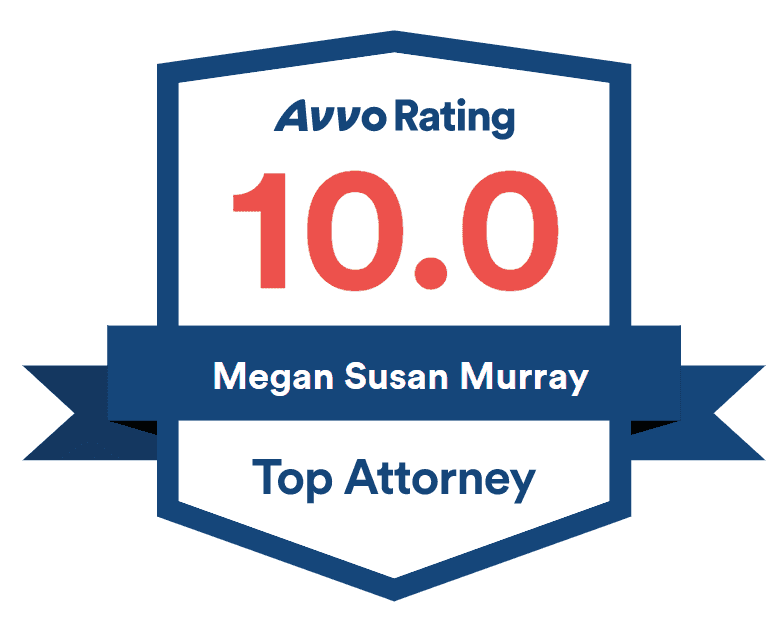
Alimony Lawyers based in Monmouth County
Professional Spousal Support Help in New Jersey
Alimony, or spousal support, refers to the monetary support that one spouse pays to the other following a divorce. Although spousal support is not a factor in all divorce cases, it is an important component in divorces involving a financially dependent party, such as when one spouse financially supports the other or when one party makes a substantially higher income than the other.
Spousal support can be a contentious issue in a divorce, with disagreements frequently centering on the type of alimony and its necessity, as well as the amount and duration of support. New Jersey law establishes criteria that must be considered when determining the applicability and terms of alimony, but the current law falls short of providing a clear formula that can be applied to every divorce and it leaves room for judicial interpretation.
Each NJ divorce case involves unique, and sometimes exceptional, circumstances that determine the application of the law. Megan S. Murray can help you navigate the complexities of New Jersey alimony laws and understand how they apply to your divorce. Our goal is to provide you with experienced legal counsel and personalized guidance in matters of spousal support and family law throughout your divorce.
Contact us online or give us a call at (732) 858-0282 to schedule an appointment with an experienced New Jersey alimony attorney today.
Understanding Alimony Types in New Jersey
New Jersey law (NJ Stat section 2A:34-23) defines four types of alimony:
Open Durational Alimony Explained
As the name suggests, open durational alimony requires one party to pay a set amount to the other without a fixed end date. This does not mean that payments must continue indefinitely, but rather payments must be reevaluated in the event that either party’s circumstances change. Examples of circumstances that can merit reevaluation of open durational alimony payments include a change in employment, income, or retirement status. This type of spousal support is most often considered only if the parties were married for 20 years or more.
Limited Duration Alimony: Key Points
Limited duration alimony refers to spousal support with an established end date. The duration and amount of spousal support may vary depending on the applicability of New Jersey state laws and the circumstances of each party, and courts do not employ a specific formula for either of these factors. However, the duration of payments must not exceed the length of the marriage. This type of alimony may be considered for marriages that lasted less than 20 years.
Rehabilitative Alimony: What You Need to Know
Rehabilitative alimony requires one party to pay spousal support to the other in order to assist the recipient in acquiring a level of professional or educational training necessary to financially support themselves. As such, rehabilitative alimony is most often considered in cases where one party deferred career opportunities, professional training, or educational advancement for certain reasons relating to the marriage, such as to support the career of their spouse or to devote more time to childcare. Furthermore, because rehabilitative alimony is designed only to assist the recipient in achieving a certain level of financial independence, its duration is often shorter than open durational or limited duration alimony.
Reimbursement Alimony: Understanding Its Purpose
Reimbursement alimony is designed to recuperate former financial contributions that the recipient made to the educational or professional advancement of their spouse or children. Although this sounds straightforward enough, there are several complications when determining the applicability of reimbursement alimony, such as whether the contribution was made in anticipation of some financial benefit to the receiving party.
New Jersey law (NJ Stat section 2A:34-23) identifies specific factors that, when applied to both parties, aid a court in determining the terms of spousal support, including the type, duration, and amount of alimony payments. These factors include, but are not limited to:
- Need for financial support
- Ability to provide financial support
- Physical and emotional health
- Standard of living during the marriage
- Employment status
- Income and earning potential, education, and professional skills
- Parental responsibilities
- Former financial contributions
- Allocation of property
- Investments
Courts will also consider the amount of financial assistance, if any, given by one party to the other during the divorce process (alimony pendente lite).
Alimony is further complicated by the fact that New Jersey state law specifies that a court may consider any other items that it deems necessary to determine alimony conditions and that it has the power to consider certain factors more relevant than others.
Legal Counsel for Alimony Cases in Monmouth County
Every divorce is unique, which makes determining spousal support a difficult component of the divorce process. Furthermore, disputes over alimony run the risk of drawing out that process longer than otherwise necessary. If your divorce involves alimony or if you have concerns regarding spousal support, an attorney trained in family law can help protect your financial interests.
Our attorneys are detailed-oriented family lawyers who want to represent your financial interests in your divorce. We are committed to providing you with experienced legal counsel regarding alimony and alimony modification based on your unique set of circumstances and the facts of your case.
We invite you to schedule an appointment with us today by calling (732) 858-0282 or by using our online contact form.
-
 Megan S. Murray
Megan S. Murray"Megan S. Murray is the founder of The Family Law Offices of Megan S. Murray. Megan founded her practice with a singular goal in mind: to provide quality, hands-on services to her clients. Megan has earned a reputation among her peers, colleagues and clients as a zealous advocate of the highest integrity, who achieves the best results for her clients through an intimate knowledge of the unique facts of each case and extensive knowledge of the law."
Read Full Bio -
 Brian R. Murray
Brian R. Murray"Brian R. Murray, Esq., of counsel to The Family Law Offices of Megan S. Murray, is a highly experienced New Jersey attorney whose practice areas have included civil litigation, real estate, complex insurance litigation, and family law."
Read Full Bio
-
Equitable ApproachMegan's goal is to reach the best possible settlement with the understanding that it is equitable to all parties.
-
Extensive ExperienceMegan's knowledge of all the nuances of the law has resulted in favorable outcomes for her clients.
-
Hands On ApproachMegan is dedicated to making herself readily accessible to clients through timely communication and prompt responsiveness.
Whether you have questions or you’re ready to get started, our legal team is ready to help. Complete our form below or call us at (732) 858-0282.

















